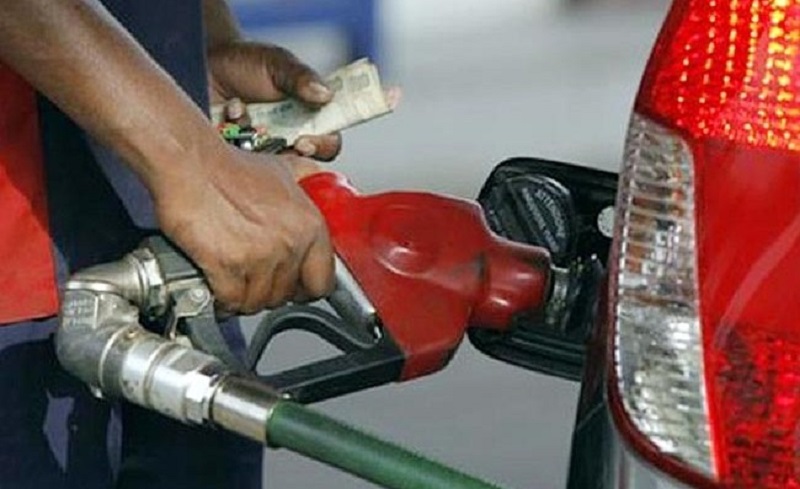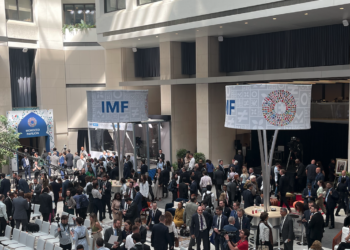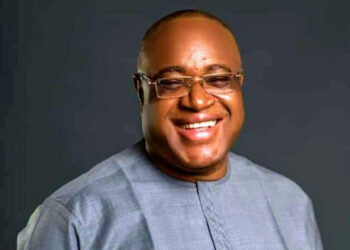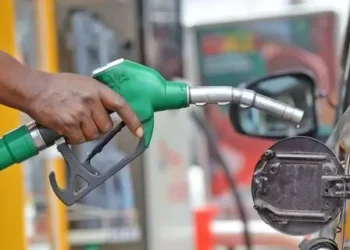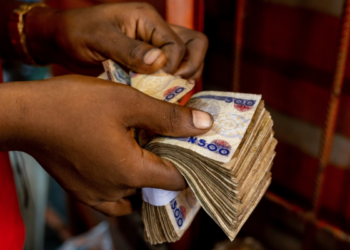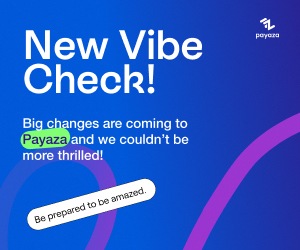The Federal Government of Nigeria has assured Nigerians that despite the persisting fuel queues in the nation’s capital, it is still subsidizing petrol prices.
This was disclosed by Chief Timipre Sylva, Minister of State for Petroleum Resources, on Monday in Abuja.
According to the News Agency of Nigeria, the minister added that if there is an increase in price, it is not from the government.
What the Minister is saying
Speaking at the Nigerian Midstream and Downstream Petroleum Regulatory Authority (NMDPRA), stakeholders’ consultation forum on regulations to review the midstream and downstream petroleum activities in the industry, the Minister stated that the increase in pump price by marketers from N165 per litre to N169, N184 and N218 per litre depending in Abuja and other states, is not government sanctioned.
“I can tell you authoritatively that we have not deregulated. The government is still subsidising petrol prices. If there are increases in price, it is not from the government.
“It is probably from the marketers but of course, I will talk to the authority to ensure that they actually regulate the price. This is not from the government; we have not deregulated.
“But a lot is going on to ensure that the queues end. As of yesterday, I noticed that the queues in Abuja are easing off,” he said.
What you should know
Nairametrics reported last month that the FG has estimated petrol subsidy payment at N6.72 trillion for full-year 2023. This was disclosed by the Ministry of Finance at the Public Consultative Forum on the 2023-2025 Medium-Term Fiscal Framework.
The document which was presented by Mrs. (Dr.) Zainab Shamsuna Ahmed, the Honourable Minister of Finance, Budget & National Planning, stated that the projected fiscal outcomes in the medium term are presented under two scenarios based on the underlying budget parameters/assumptions, as follows:
- Scenario 1 – the Business-as-Usual scenario: This assumes that the subsidy on PMS, estimated at N6.72 trillion for full year 2023, will remain and be fully provided for.
- Scenario 2 – the Reform scenario: This assumes that petrol subsidy will remain up to mid-2023 based on the 18-month extension announced in early 2021, in which case, only N3.36 trillion will be provided for. Additionally, there will be tighter enforcement of the performance management framework for GOEs that will significantly increase operating surplus/dividend remittances in 2023.

